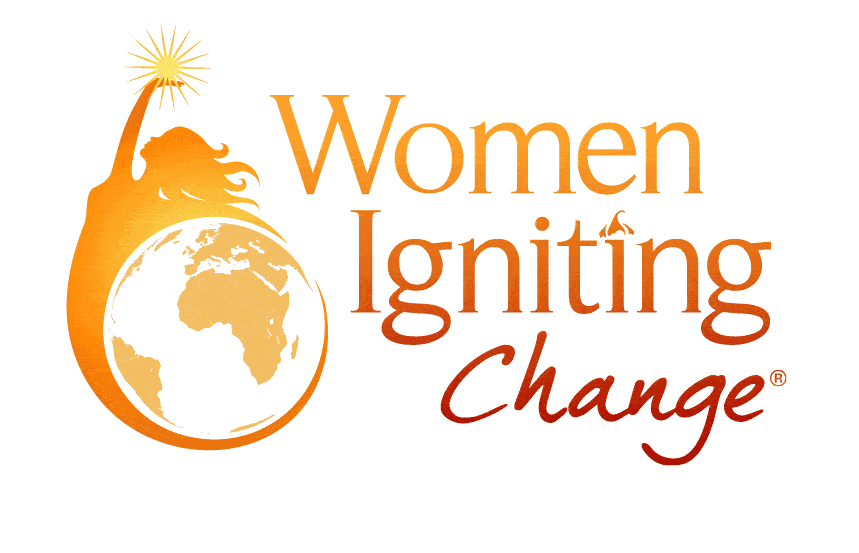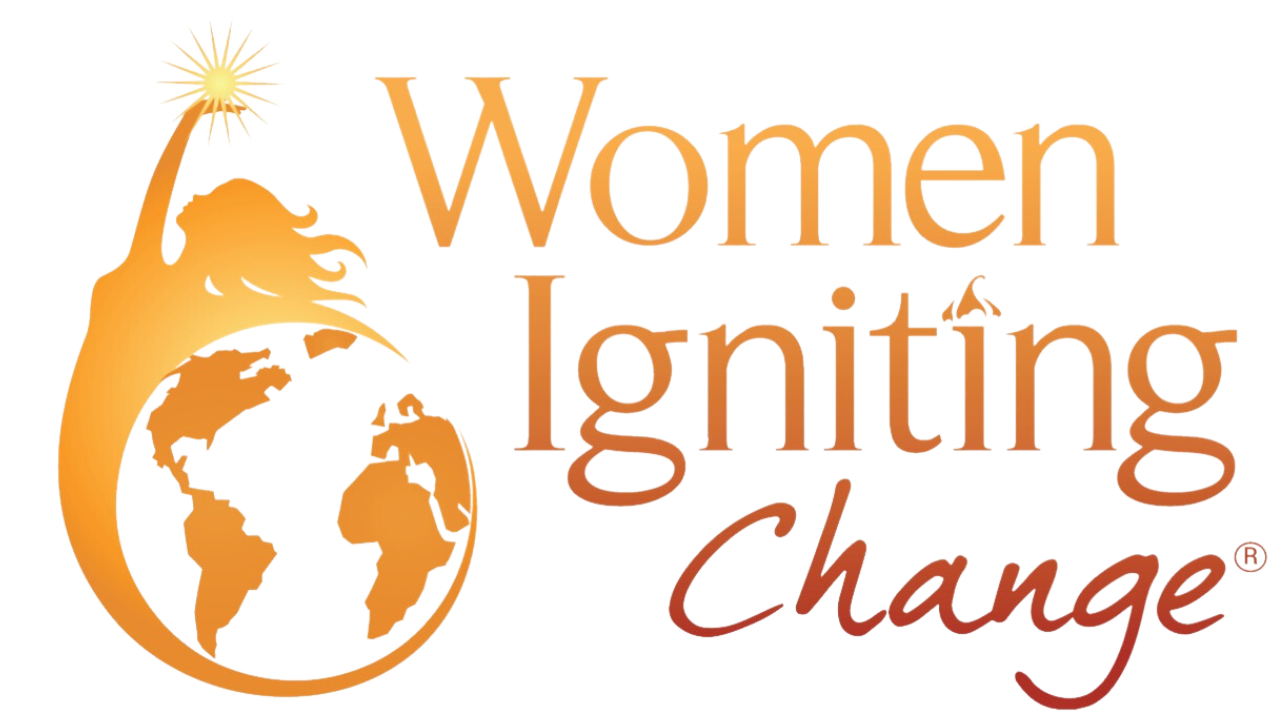Season 4, Ep 02: Frontline Advocates: The Fight for Reproductive Rights
“Reproductive health includes so much more than just abortion, yet that’s all people think about because it’s been so politicized,” says Pari, who along with Eve, is working to combat mis-and dis-information about reproductive rights. Recognizing that the majority of Americans under 30 use social media as a legitimate new source, and that there was a lack of pro-choice presence across the platforms, the two women provide education and awareness building about reproductive rights on their social media channel @gemma_talks. This begins with clarifying the differences among reproductive rights, reproductive health and reproductive justice, respectively. It continues by reiterating that, since “the fall of Roe,” the consequences of denying women their reproductive rights are dire, and they affect everyone in ways they often don’t realize.
Social accountability presents a unique set of challenges. Whereas traditional advocacy is more focused, Pari and Eve have to design their message for an audience which varies wildly in terms of education and awareness. They work to help build sexual reproductive healthcare ecosystems which include everyone from health service providers to funders to advocacy groups and social movements, all of which remain vulnerable in a shifting political landscape where funding is limited. Still, they are hopeful that through their “vigilante activism” they will reach and transform tomorrow’s change-makers and in doing so, ultimately have a lasting impact on policy.
Quotes
- “This is an arena where genuine change needs to be made for women to be able to truly self actualize to their full potential.” (05:41 | Pari)
- “Quite frankly, women are tired. We’re tired. Advocacy work is important because it helps reignite people’s energy. It helps them remember their voice again and that they have something to fight for. When you add in the public health lens, it really highlights that nothing exists in a vacuum. Every health issue intersects with race, with income, with environment, just to name a few, and public health makes it clear that women’s issues aren’t just women’s issues. They affect everybody.” (10:48 | Eve)
- “Social accountability is so important. In regular reproductive health programming, social accountability tools are exceptionally useful for driving civic engagement, building relationships between community members and duty bearers, and facilitating the creation of action plans and generating collective responsibility.” (21:39 | Pari)
- “Advocacy on social media is made additionally complicated by the fact that your audience can be absolutely anyone. Normally, advocacy’s targeted, but on social media, there isn’t a baseline for someone’s awareness of an issue, or level of engagement, or even level of investment, and, frankly, even education level. You have to design your messages in a way that speaks to a broad depth of comfort with that issue.” (24:37 | Pari)
- “One thing that people don’t think about, though, is how abortion bans make it more dangerous for women who genuinely want to get pregnant. So, some of my friends who very much want a baby are scared to get pregnant because if anything goes wrong, their life may be at risk depending on their zip code.” (27:07 | Eve)
Connect with Pari and Eve
TikTok: @gemma_talks
Connect with Robbin Jorgensen (She/Her):
Website: https://womenignitingchange.com
LinkedIn: https://www.linkedin.com/company/women-igniting-change/
LinkedIn: https://www.linkedin.com/in/robbinjorgensen/
Facebook: https://www.facebook.com/robbin.jorgensen/




